Coronavirus shouldn’t be dismissed as a tool for biological warfare just yet
From novichok to sarin gas, terrorists have always been interested in bioweapons, writes Kim Sengupta. If this pandemic had been a terrorist plot, it would already be the most effective in history

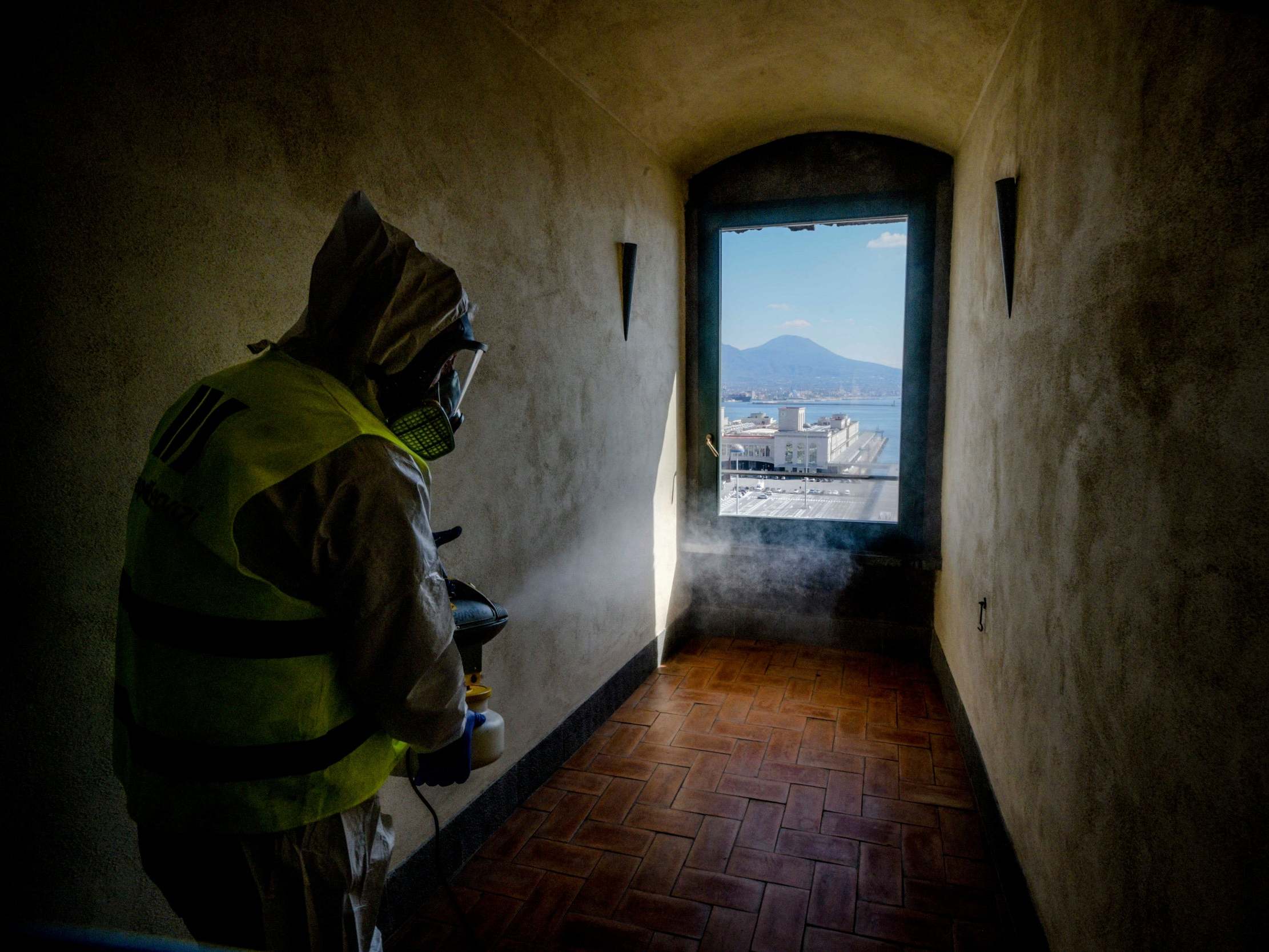
Members were told to take a sensible safety-first approach: stay away from areas with outbreaks of coronavirus, take precautions like regularly washing hands and covering mouths while sneezing or yawning, and avoid crowded places.
The fact that the advice came in an infographic in al-Naba, the newsletter of Isis, was a source of mirth at a grim time. There is, one has to admit, something ghoulishly amusing about a terrorist group warning jihadis of the health risks they face travelling to the “land of epidemic” to blow themselves up.
We do not know what Muhammad Masood, who was arrested in Saint Paul, Minnesota, this week for allegedly trying to join Isis, made of the al-Naba directive. The 28-year-old doctor, with his qualifications from Pakistan, had been previously employed as a research coordinator at a medical clinic in Rochester. He had flown to Amman last month, but then returned to the US because Jordan had closed its borders due to coronavirus. The FBI claims that he had expressed a desire to carry out a “lone wolf” attack in America.
Terrorists have always been greatly interested in deadly diseases. Attempts have been made to turn them into bioweapons. It makes eminent sense to do so from their point of view: it’s a relatively cheap method of attack but would have enormous impact.
The terrorist groups, however, have not been able to carry out much successful biological warfare, although there are a few notable exceptions. This week was the 25th anniversary of the sarin gas attack by Aum Shinrikyo, a religious group, in Tokyo’s subway in 1995, which killed 13 people and caused severe illness among 48 others. Another example was the sending of letters containing anthrax in the US by an as yet unidentified group, in 1971. They killed five people and, potentially more seriously, caused an upsurge in demand for antibiotics, which led to overuse and contributed to drug resistance.
But that has not stopped terrorist groups from continuing the search for biological weapons. Al-Qaeda have been particularly active for a long time. Former recruits have spoken about the theological as well as logistical discussions they witnessed over the policy.

I recall myself and other journalists being offered videos and photographs of al-Qaeda biological experiments in Afghanistan after the fall of the Taliban in 2001. Some of them came from Jack Idema, a former US army reservist who claimed to be working, falsely, for the CIA.
Idema was later convicted of running a private prison in Kabul where he tortured Afghans he was holding there. He was, it subsequently emerged, facing fraud charges in the early 1990s over claims of a Russian plot to smuggle nuclear weapons out of Lithuania.
Bioterrorism by states has been much more prolific, with the novichok poisoning of the Skripals in Salisbury one of the latest and most prominent examples. Russia has continued to deny carrying out the attack, accusing the UK government of using the nerve agent instead. Following the onset of Covid-19 in China, claims were made in Kremlin-controlled media that the virus had been manufactured in Porton Down, the UK’s scientific research centre, and smeared on escalator rails in Wuhan by British agents.
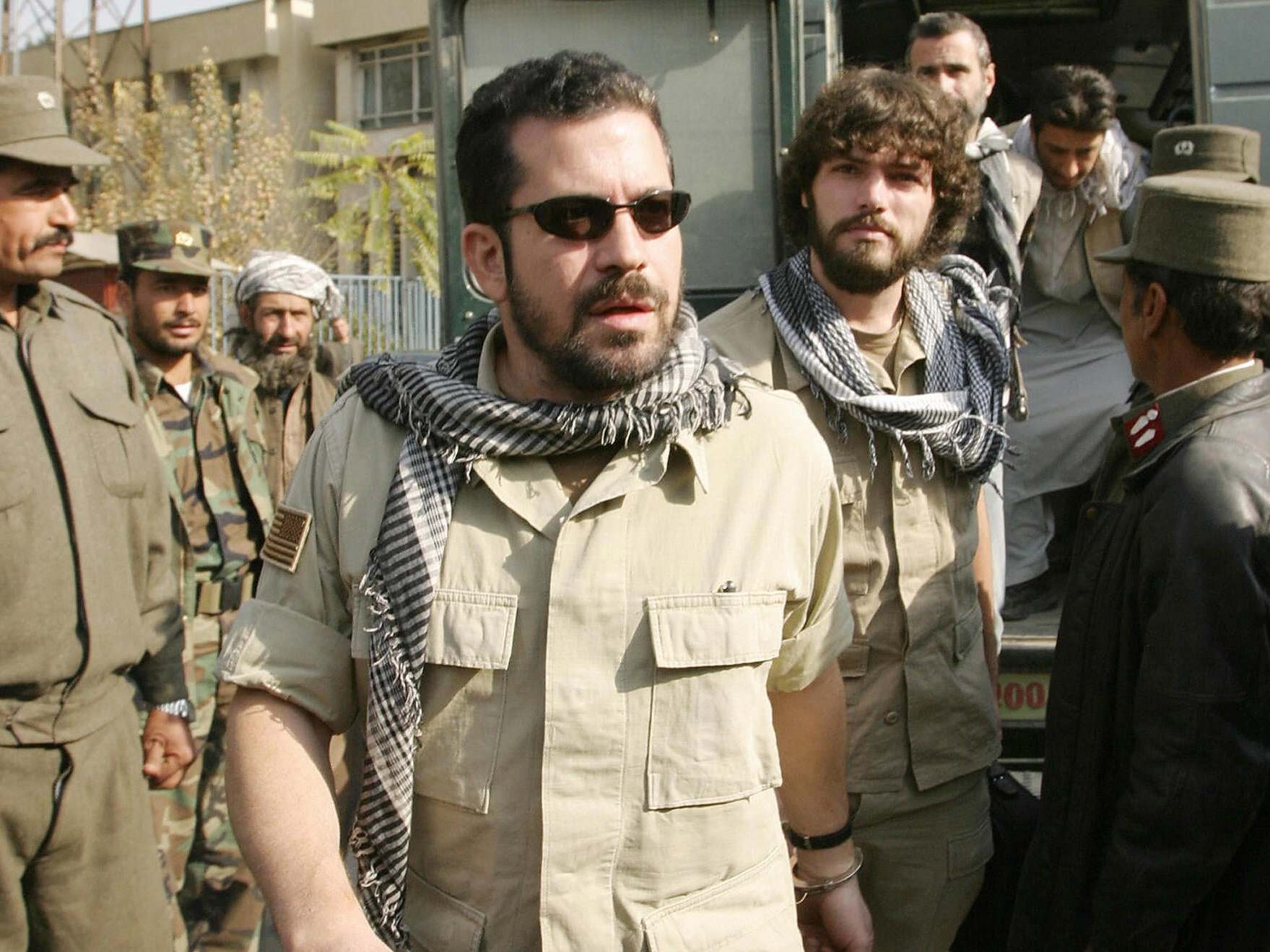
Officials in Beijing have alleged, without offering any evidence, that the American military had spread the disease in China. There have also been accusations that the virus was produced by a laboratory in Wuhan engaged in the study of biological warfare.
State bioterrorism is not a new phenomenon. Mongol armies catapulted bodies of plague victims over walls of cities they were besieging in the 14th century. The Spanish sent wine mixed with the blood of leprosy patients to their French adversaries in the 15th century. Polish troops fired cannon balls coated with the saliva of rabid dogs into enemy ranks in the 17th century. The British distributed blankets used by smallpox patients to native Americans in the 18th century. Nazi Germany carried out the Holocaust using cyanide based Zyklon B in the 20th century.
I recall myself and other journalists being offered videos and photographs of al-Qaeda biological experiments in Afghanistan after the fall of the Taliban in 2001
Insurgent groups, while seeking to spread diseases among the enemy, have shown themselves, at times, keen to protect land they control. Thus Isis tells fighters who think they have contracted Covid-19 to stay away from what’s left of its caliphate to fulfil their “holy obligation of taking up the causes of protection from illnesses and avoiding them”.
A few days after the al-Naba article, the Taliban declared that it was willing to work with international healthcare workers to deal with coronavirus. Unlike the dwindling territory of Isis, the Taliban believes it is close to regaining its rule over Afghanistan after the recent deal with the US, and is already assuming the role of a future government.
“The Islamic Emirate via its Health Commission assures all international health organisations and WHO of its readiness to cooperate and coordinate with them in combating the coronavirus,” said Suhail Shaheen, one of the group’s spokespeople.
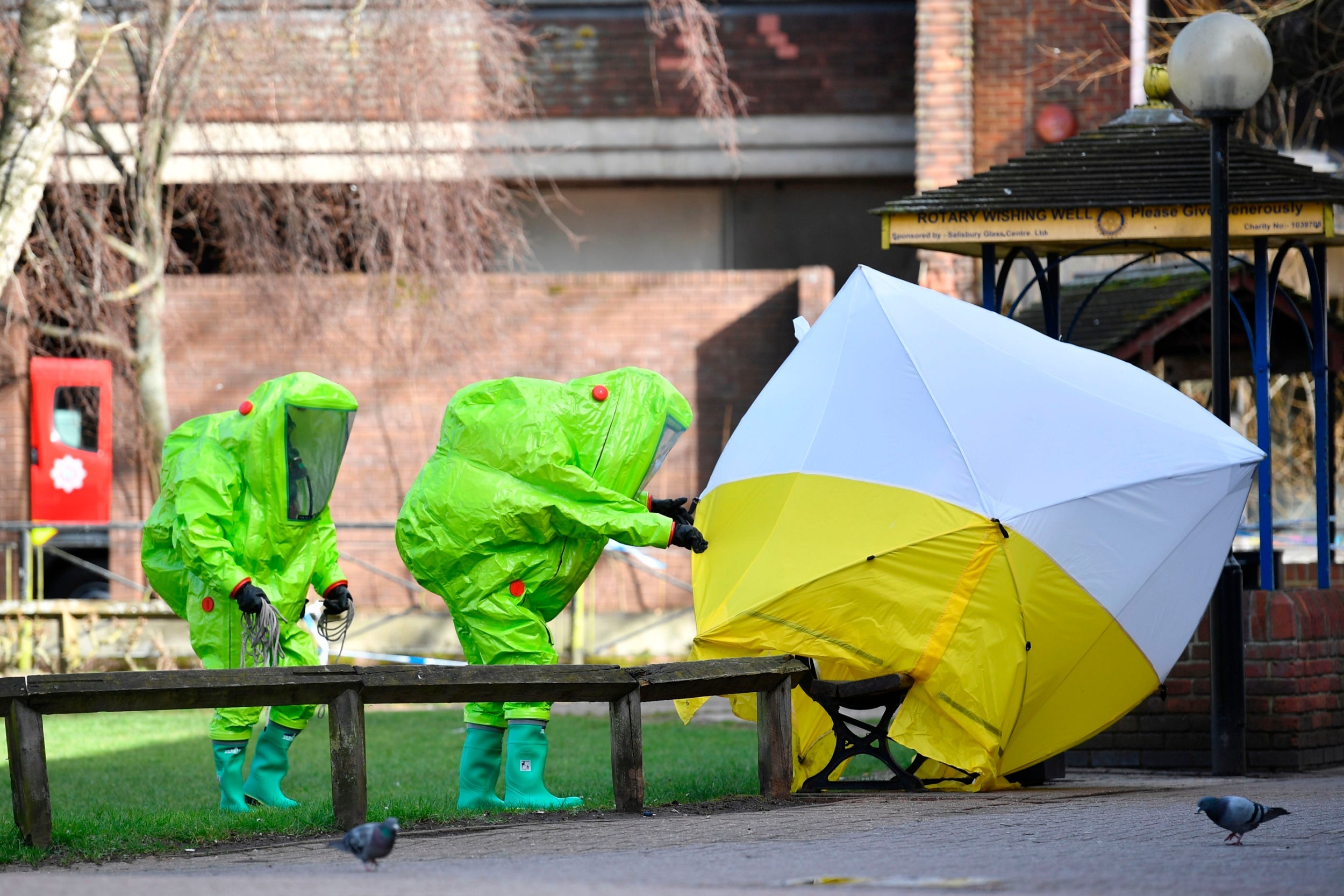
Zabihullah Mujahid, another Taliban spokesperson, added that fighters were encouraging people to listen to health workers and messages broadcast by mullahs – and would force anyone not obeying to comply. “Our mujahideen are helping the health workers to spread out the messages about the dangers of Covid-19 among the public in our controlled areas,” he said.
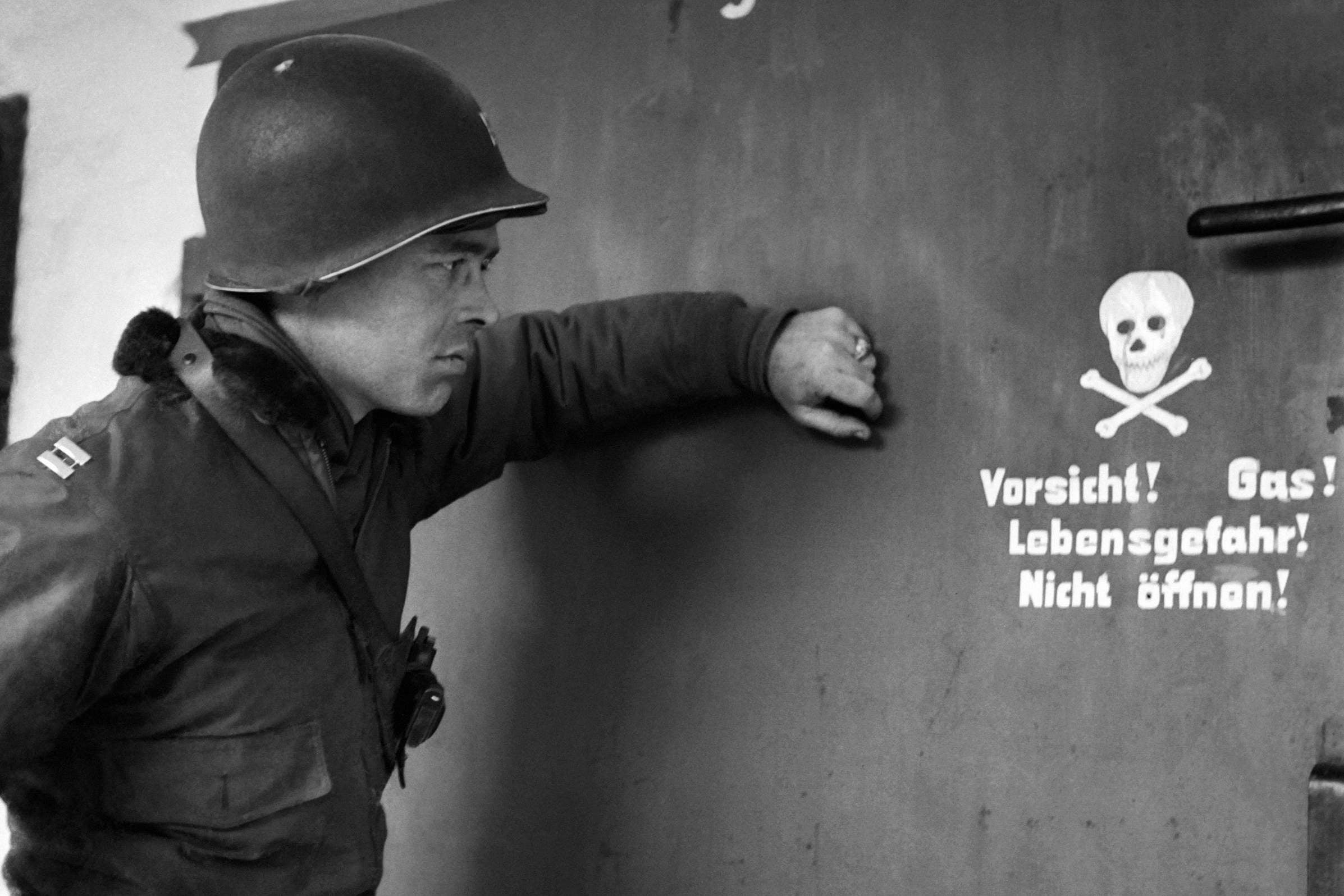
The Taliban appears to have taken a different stance on coronavirus to the one they took on poliovirus. Their policy towards healthcare workers trying to eradicate the disease with vaccination had often been to accuse them of spying and murdering them.
More than 50 patients, healthcare workers and support staff were killed and 142 injured last year and 192 health facilities closed.
This isn’t an isolated incident. A doctor I had known for a decade was shot dead in Ghazni province two years ago despite local people getting assurance from a Taliban commander that he would be allowed to continue with his work. Last autumn, while I was in Afghanistan, 20 people, including doctors and patients, died when the insurgents set off a truck bomb outside a hospital in Qalat.
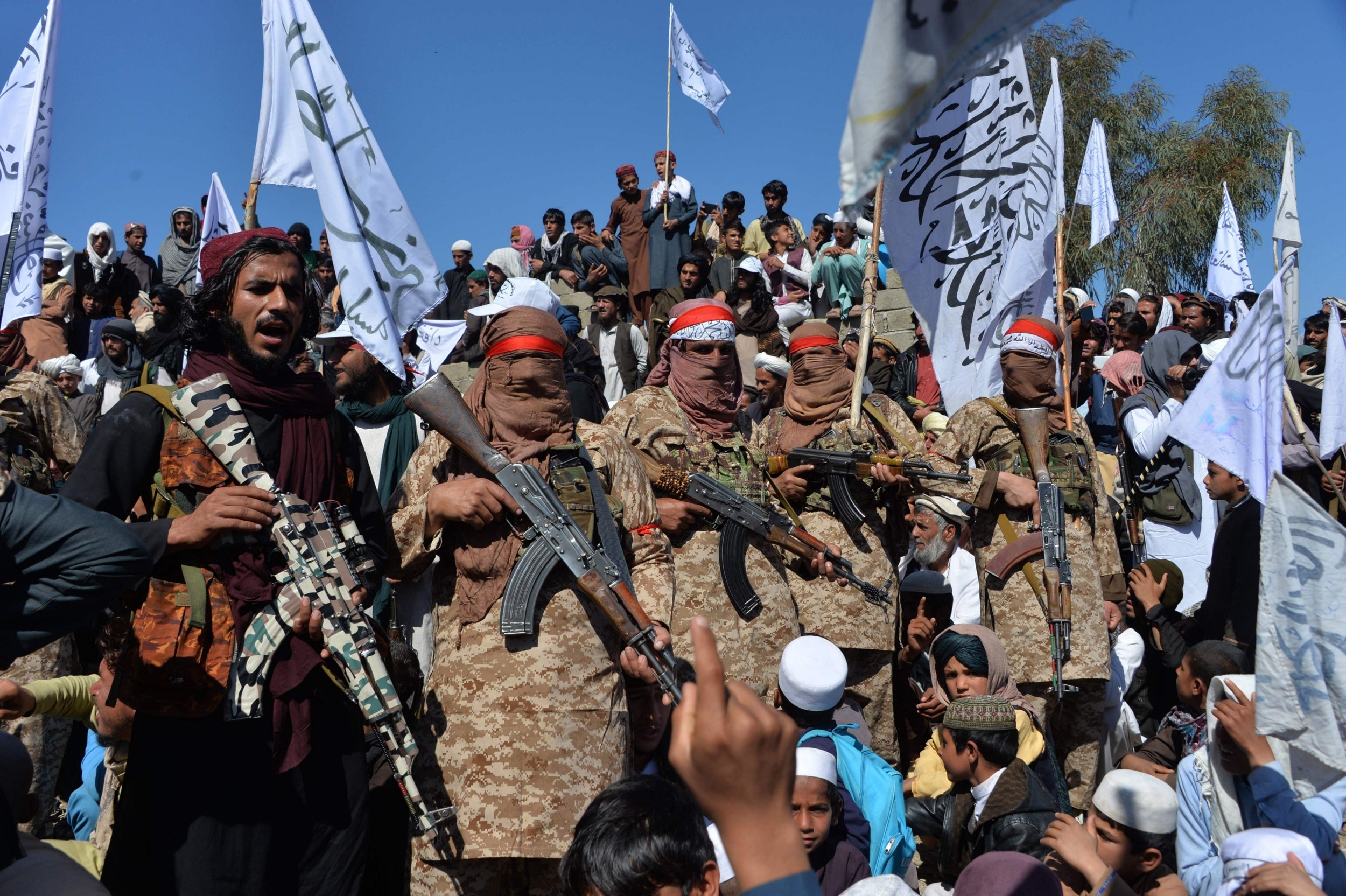
The lack of vaccination of children in swathes of Taliban-held areas has seen a rise in cases of polio in the tribal areas of Pakistan, where, again, healthworkers are accused of being spies. This is partly due to the fact that Shakeel Afridi, the doctor involved in the killing of Osama bin Laden by the Americans. He used a fake CIA-organised hepatitis B vaccine programme to take DNA samples from children to identify relations of the al-Qaeda chief.
Dr Afridi has since been in solitary confinement in a Pakistani prison for eight years. The Americans have tried and failed to have him released.
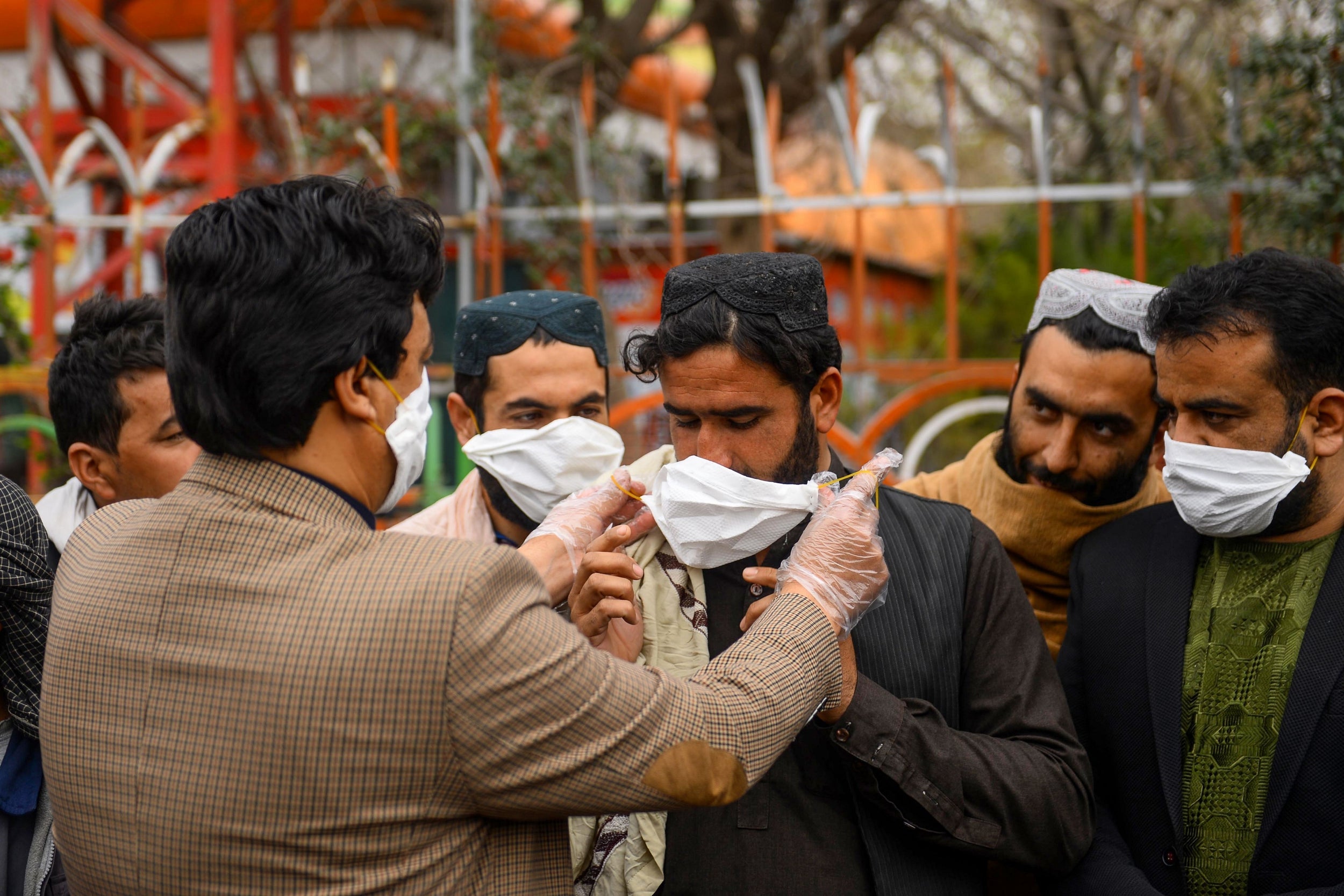
WHO officials have expressed concern that Afghanistan and Pakistan remain the only two countries in the world which have not managed to eradicate polio and where numbers of those affected are actually growing.
The disease resurfaced in Nigeria after the Islamist group Boko Haram launched a violent campaign against vaccination, but the drive to eliminate the virus is now back on track.
Part of the problem over polio is movement across a porous border between Afghanistan and Pakistan. Afghanistan has another border, with Iran, a country which has had one of the worst outbreaks of Covid-19 outside China.
Afghanistan officially has 22 coronavirus cases, but the real figure is likely to be much higher. The country’s infrastructure, shattered by decades of war, and a woefully inadequate healthcare system means that the spread of the disease will have dire consequences.
The Taliban, at least, is willing to let international organisations try to counter Covid-19. But extremist groups can weaponise it instead. For Isis, this simply means changing its advice to fighters and sending infected people into the west to spread the disease.
Catastrophic damage can be inflicted. We already know coronavirus can be considered the most effective terrorist plot in history with the devastating effect it has had on the world’s economy, its health systems, and the social and psychological effect it has had on societies.
Join our commenting forum
Join thought-provoking conversations, follow other Independent readers and see their replies
Comments